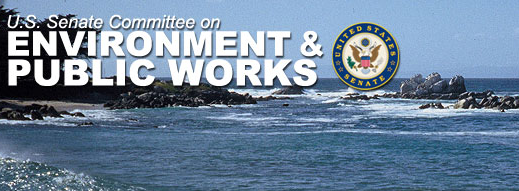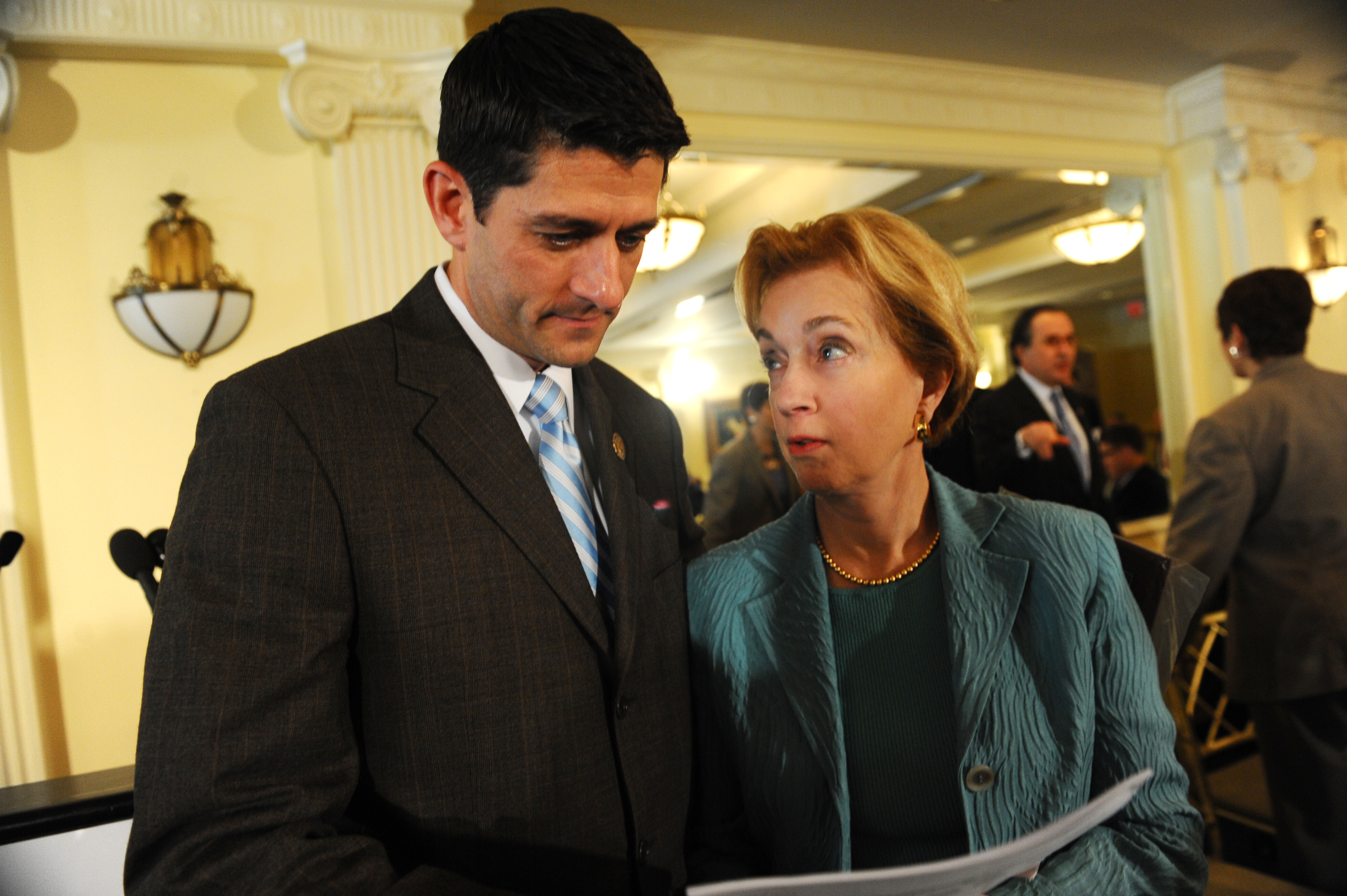
See my response to this week’s National Journal topic “Gas Price Conundrum” moderated by former Michigan Governor Jennifer Granholm. Lawmakers seem to forget the laws of market economics and that U.S. oil producing firms are “price takers,” not “price makers” in a global market. They are not members of the price-fixing body, OPEC, whose oil production decisions are made, at least in part, collectively, and heavily influence the world market supply. Oil and gas companies are already investing in identifying and producing new energy sources, spending hundreds of billions over the last 25 years on new supplies of oil and natural gas. These investments are outpacing earnings by these companies. Rising oil prices encourage companies to invest more in finding new reserves and to increase production from existing fields. Yet, lawmakers still want to punish them by removing the deductions that many other sectors of the economy enjoy. Increasing taxes on oil company revenues will only reduce the desire and ability of firms to find and produce more oil. One of the axioms of public finance scholars is that if you tax something, you get less of it. The auto industry is already making great strides in making autos more…
Continue reading












